Global food crisis expected to ease as Russia, Ukraine ink grain deal
Russia and Ukraine have inked a deal with the United Nations and Turkey on the resumption of grain shipments as experts hope the agreement eases the imminent global food crisis.
In a ceremony in Istanbul on Friday, Russian and Ukrainian officials signed separate but identical agreements with the UN and Turkey on reopening Black Sea shipment routes.
The agreement was signed by Russian Defense Minister Sergei Shoigu and Ukrainian Infrastructure Minister Oleksandr Kubrakov in the presence of UN Secretary-General Antonio Guterres and Turkish President Recep Tayyip Erdogan.
Russia has deployed warships in the Black Sea while Ukraine has laid mines across the sea. This has blocked grain exports from Ukraine as estimates show that 25 million tonnes of wheat and other grain kept at ports are in danger of rotting.
The content of the deal
According to the deal, safe corridors will be established for the Ukrainian ships to come in and out of the three designated ports, namely Odesa, Chernomorsk, and Yuzhny.
The sides have pledged not to attack ships moving on these corridors while a joint command and control center in Istanbul has been tasked with overseeing the operation and resolving potential disputes.
The cargo ships will deliver the shipments to Turkey's Bosphorus strait before distributing them to the global market, according to UN officials.
The deal is expected to be fully operational in a few weeks as its initial validity period has been set for 120 days.
A separate pact inked on Friday will also ease the export of Russian food and fertilizer as the US and EU pledge not to impose sanctions on such shipments.
Also included in the agreement is the inspection of ships that return to Ukraine to assure that no weapons are smuggled into the country. The inspections will be made in a Turkish port in the presence of representatives from all related parties and overseen by the Joint Control Center (JCC).
Reactions to the deal
Speaking at the signing ceremony, Guterres hailed the agreement as a "beacon of hope."
"Today, there is a beacon on the Black Sea -- a beacon of hope, a beacon of possibility, a beacon of relief ... It will bring relief for developing countries on the edge of bankruptcy and the most vulnerable people on the edge of famine," said the UN chief.
According to the UN estimations, the war in Ukraine has put an additional 47 million people on the verge of acute hunger.
Meanwhile, Erdogan, who is said to have played a key role in achieving the deal, hoped that such a document could prepare the ground for eventual peace in Ukraine.
"This joint step we are taking with Ukraine and Russia will hopefully revive the path to peace," he said.
The European Union also welcomed the deal, calling for its "swift implementation." EU foreign policy chief Josep Borell took to Twitter to react to the development.
"Today's Istanbul agreement is a step in the right direction. We call for its swift implementation," Borrell wrote.
Kitack Lim, the secretary-general of the International Maritime Organization, the UN's shipping agency said, "I am very pleased that all parties have reached an agreement on the way forward for ships to safely transport much-needed grain and other commodities through the Black Sea..."
"The safety of ships and seafarers remains my top priority. IMO instruments, including the International Ship and Port Facilities Security (ISPS) Code, underpin this agreement for safe and secure shipping through the Black Sea," he said.
Defense Minister Shoigu reiterated Moscow's pledge not to take advantage of the safe corridors. "Russia has taken on the obligations that are clearly spelled out in this document. We will not take advantage of the fact that the ports will be cleared and opened. We have made this commitment."
Guy Platten, the secretary-general of the International Chamber of Shipping (ICS), lauded the agreement as a "long-needed breakthrough for millions of people."
"This is a long-needed breakthrough for the millions of people who rely on the safe passage of grain to survive. But although this is an important step, lots of work remains to be done ... Ensuring crew safety will be crucial if we are to get this agreement moving quickly. Questions remain over how ships will navigate heavily mined waters, and how we can effectively crew the ships in the region to meet the suggested deadline."
The war in Ukraine began in late February after President Vladimir Putin of Russia ordered a “special military operation” to demilitarize and 'de-Nazify' the ex-Soviet country and to “liberate” Donbas, composed of two breakaway regions of Donetsk and Luhansk.
Two days prior to the war, Moscow had officially recognized the two regions as independent republics. Luhansk has already fallen under the full control of Russian forces.
Since the onset of the operation, the United States and its European allies have supplied billions of dollars worth of weaponry to Ukraine and imposed waves of unprecedented sanctions on Moscow, despite Russia’s repeated warning that such a Western flood of weapons will only prolong the war.
The Western-supplied weapons include long-range arms which Kiev says are beginning to help on the battlefield.
VIDEO | Tehran residents condemn US-Israel orchestrated mosque arson, vandalism
VIDEO | South Koreans demand end to joint US military drills and provocative policy against North Korea
VIDEO | A silent grief: Palestinian man struggles to recover remains of wife, children
Hind Rajab Foundation files complaint against Israeli genocidal propagandist in US
VIDEO | Trump fighting allies on Greenland
Iran FM: Selective respect for deals now haunting Europe
Arab rights group urges UK to sanction Netanyahu over 'incitement to genocide' in Gaza
‘Political, non-constructive’: Iran slams UNHRC special session on recent riots


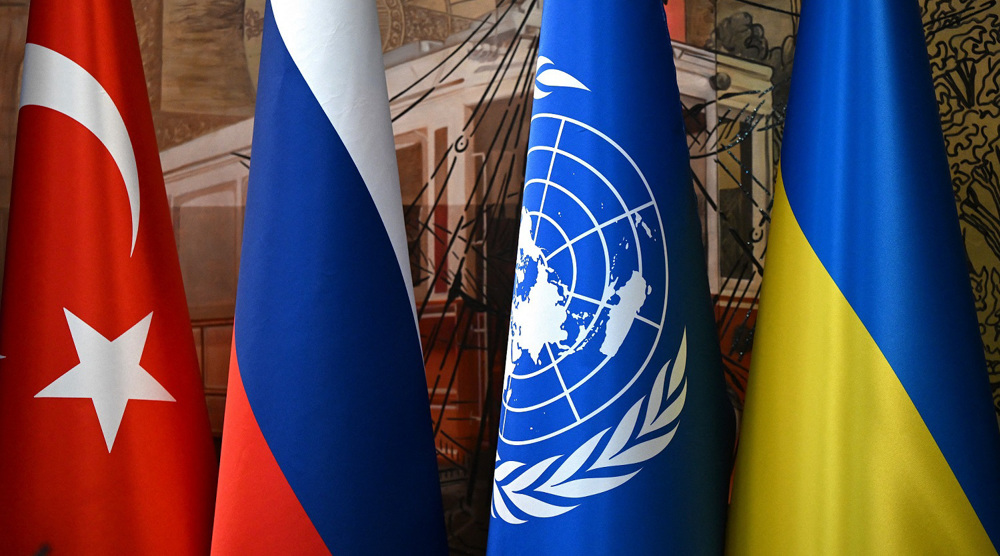
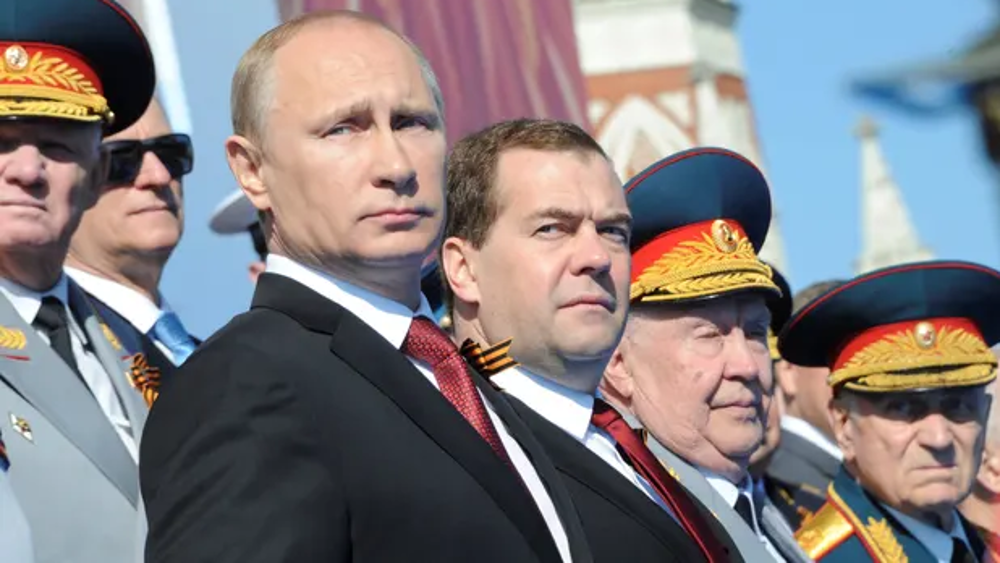
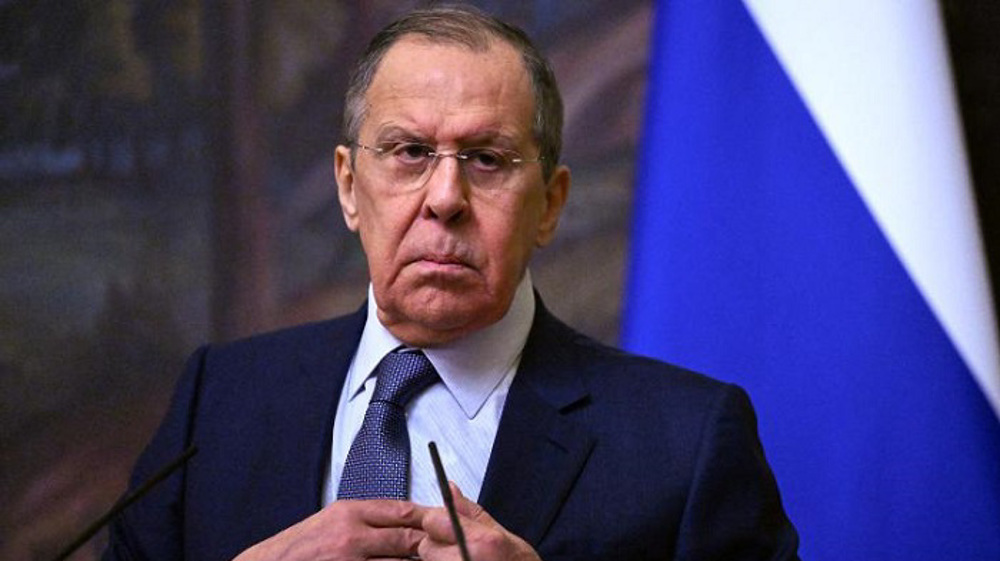
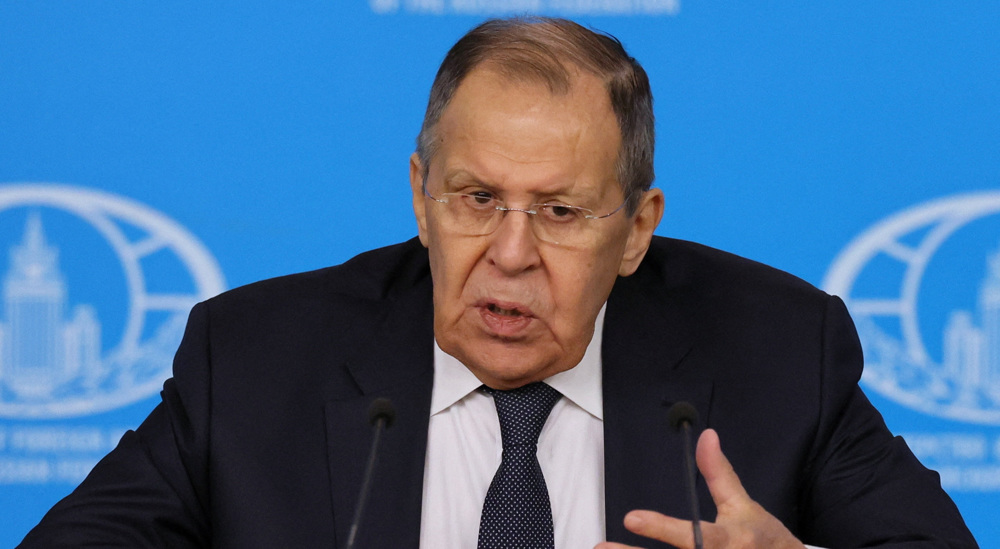
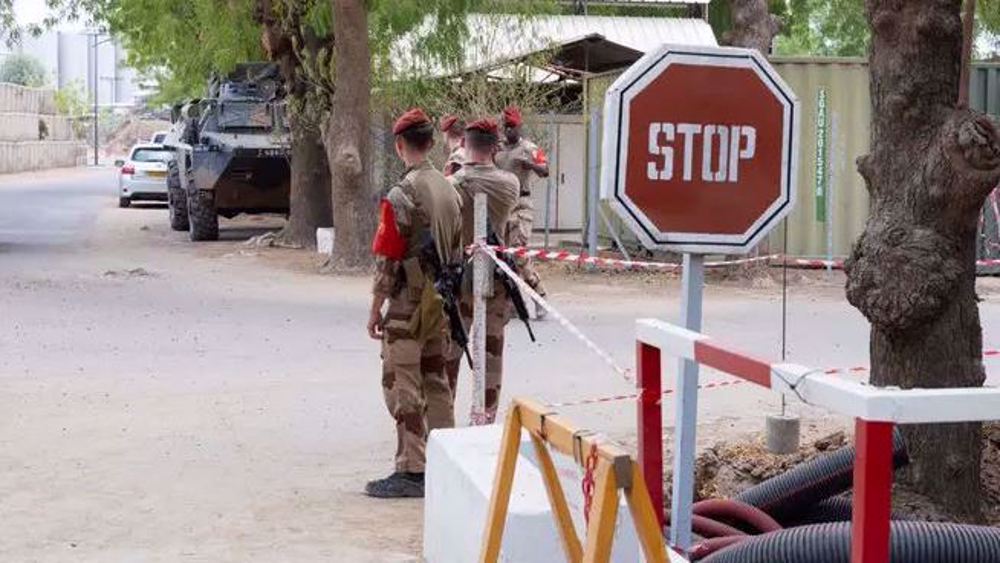
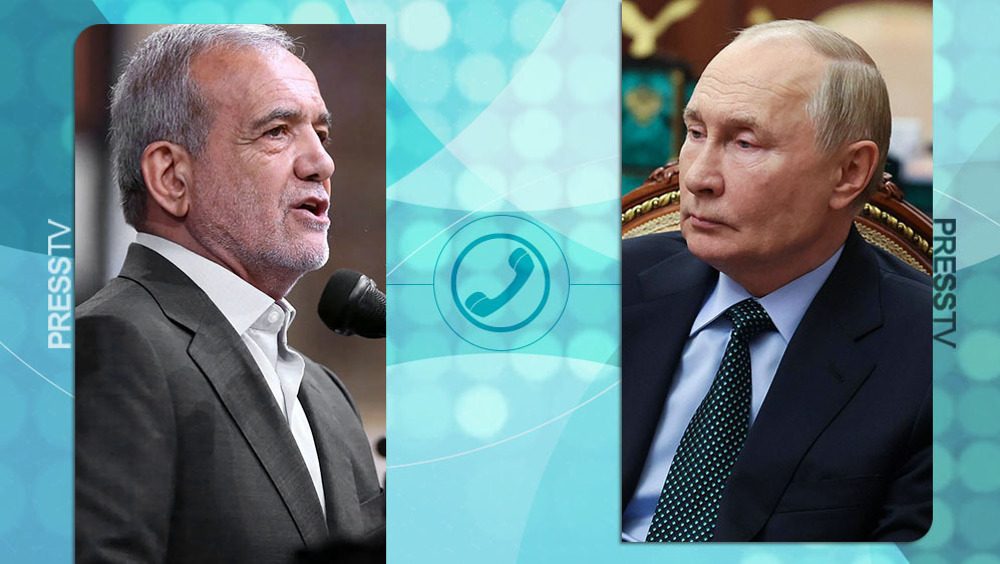



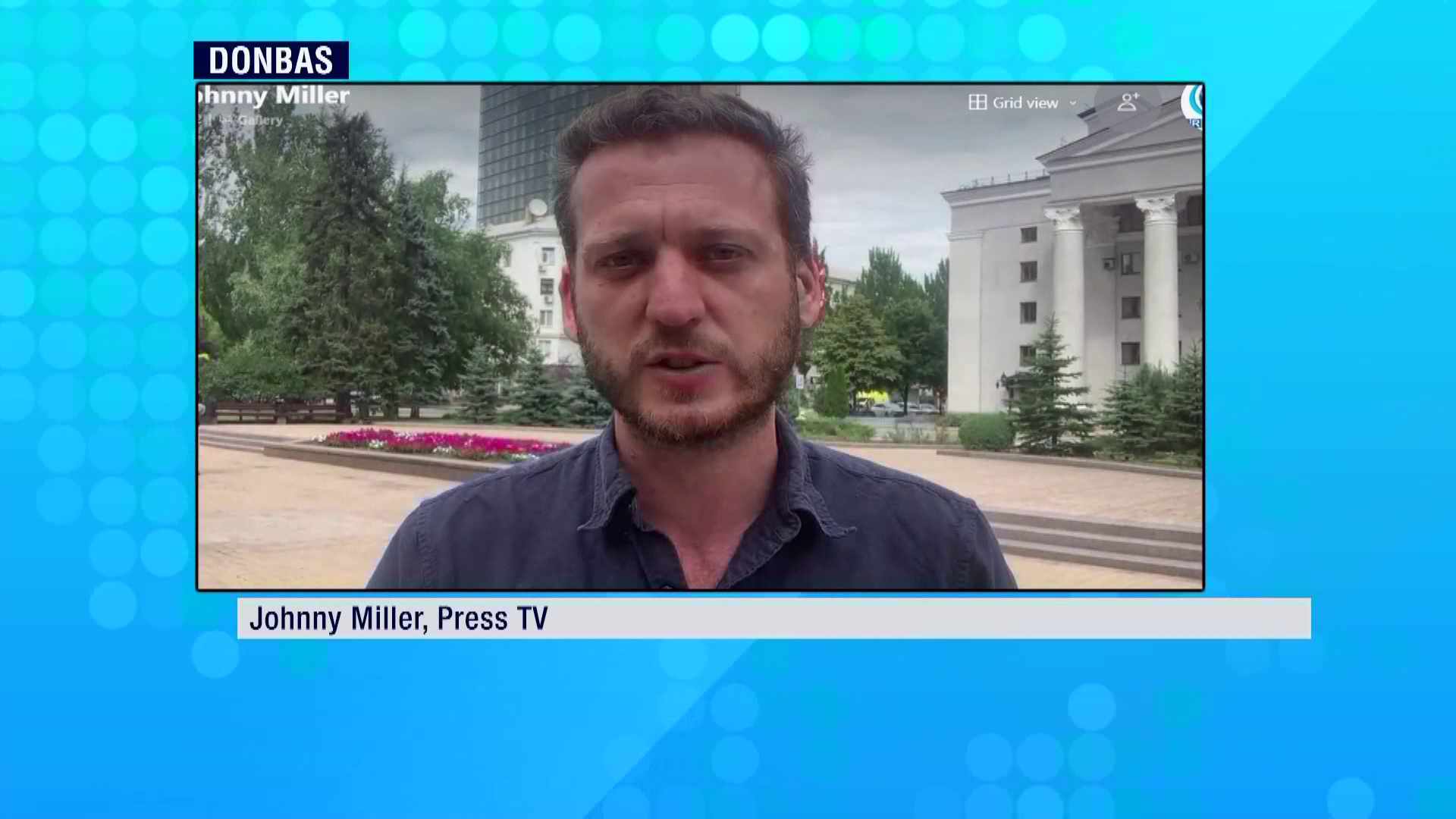
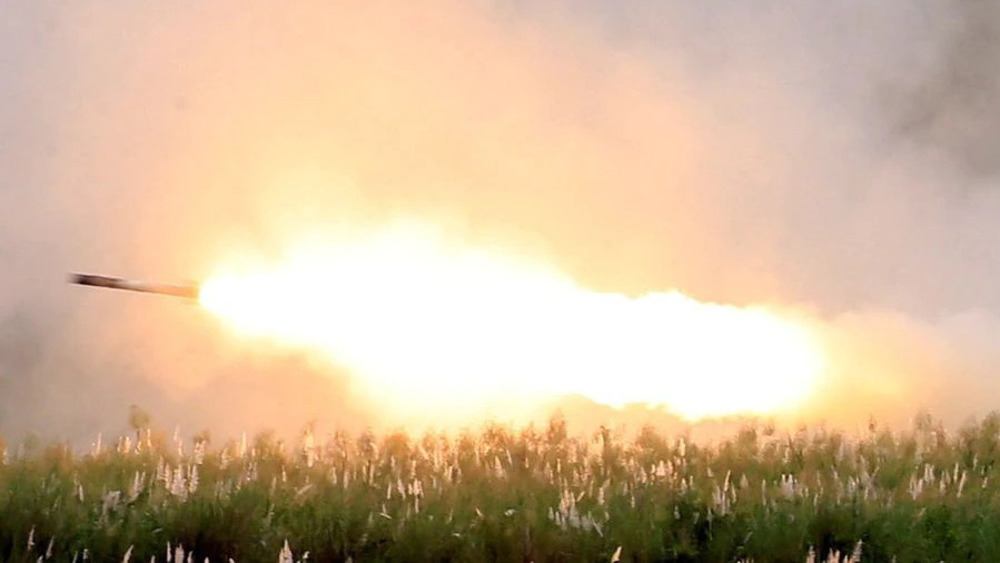
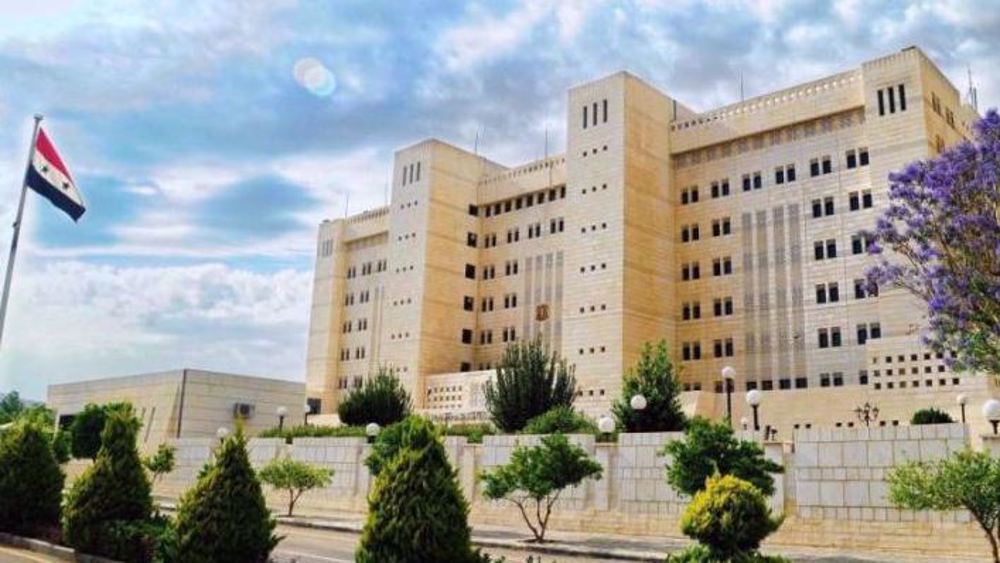
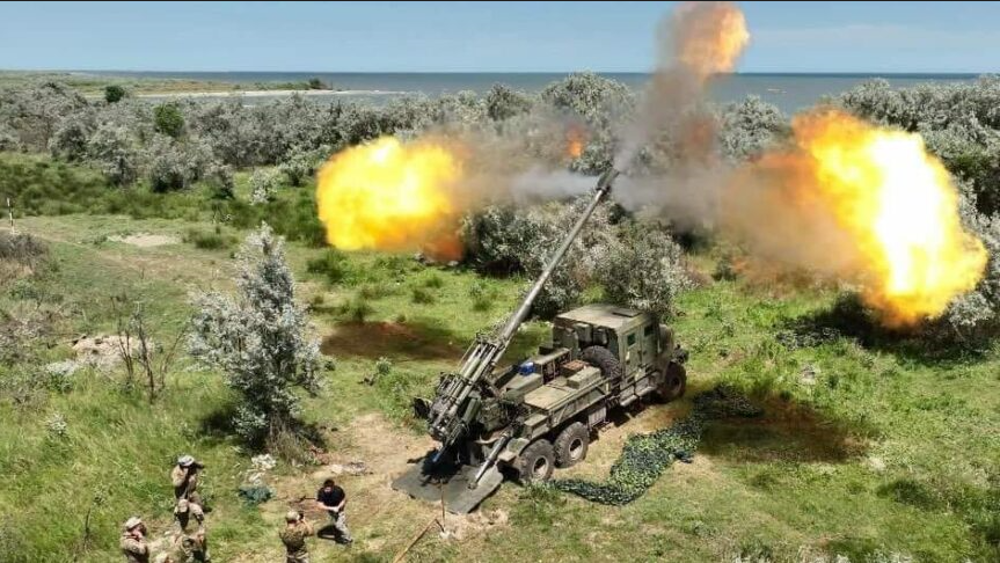

 This makes it easy to access the Press TV website
This makes it easy to access the Press TV website